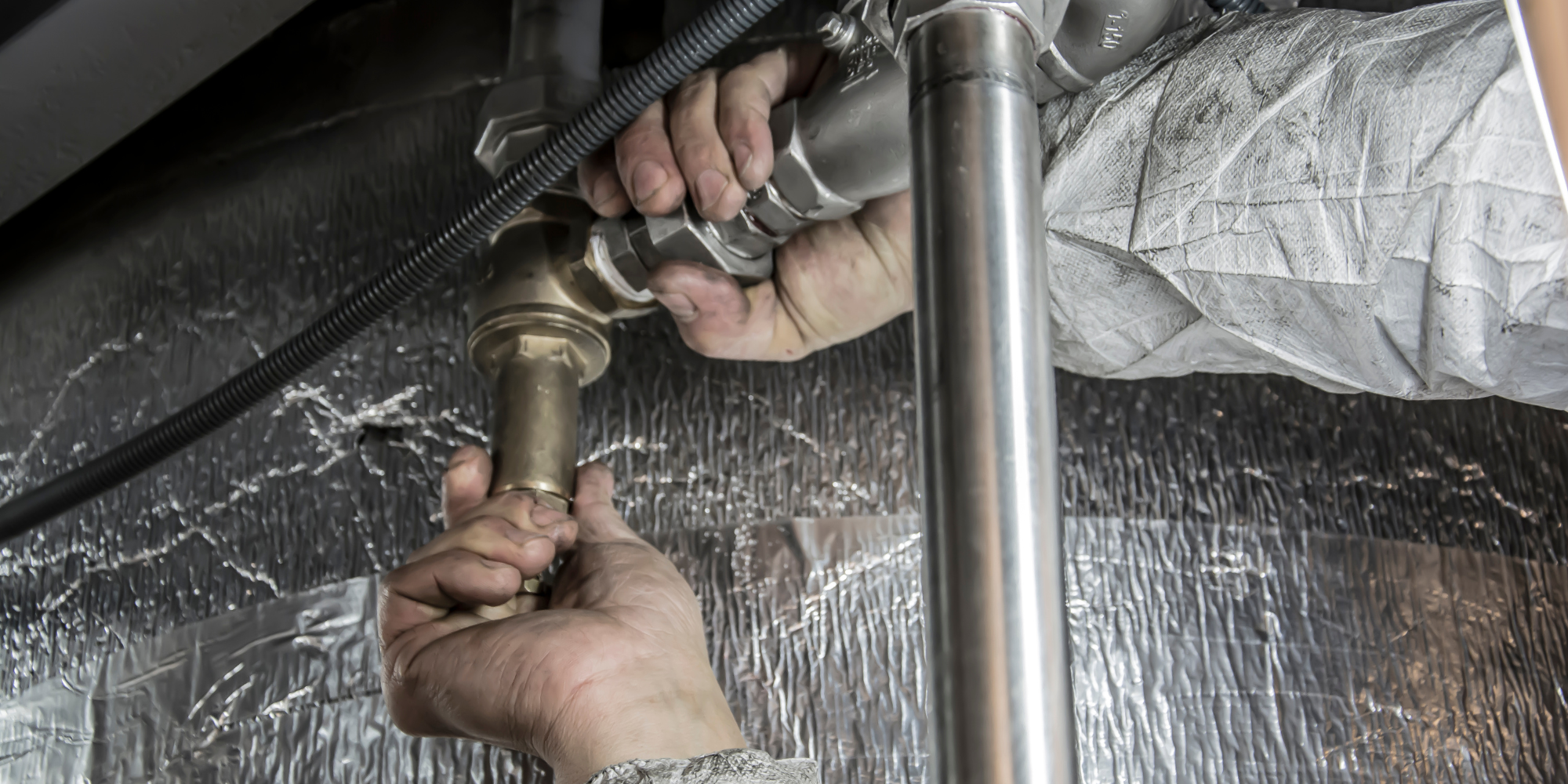How to Prevent Pipe Corrosion in Florida Homes
When you live in a coastal Florida town like Cape Coral, you’re surrounded by sunshine, salty air—and, unfortunately, some unique plumbing challenges. One of the most common and costly issues homeowners face here is pipe corrosion.
Corroded pipes can lead to leaks, water damage, poor water quality, and expensive repairs. At Affordable Air & Plumbing, we’ve helped many Florida homeowners address this issue, and the good news is: with the right knowledge and maintenance, you can prevent pipe corrosion before it becomes a major problem.
💧 What Causes Pipe Corrosion?
Pipe corrosion happens when water, oxygen, and metal interact over time. In Florida homes, corrosion can be accelerated by several regional factors, including:
High humidity and salty air, especially in coastal areas
Mineral-heavy or acidic water
Older plumbing materials, like galvanized steel or cast iron
High water pressure, which stresses pipes and joints
Electrochemical reactions (especially when dissimilar metals are connected)
🔍 Signs of Corroded Pipes
Corrosion often starts out of sight, behind walls or under slabs, so it can be hard to catch early. Here are some red flags to watch for:
Rust-colored or discolored water
Low water pressure
Frequent leaks or pipe bursts
Stains or flaking on exposed pipes
Metallic taste or smell in tap water
If you notice any of these signs, it’s time to have your plumbing system inspected by a professional.
🛠 How to Prevent Pipe Corrosion in Florida Homes
Preventing corrosion starts with proactive maintenance and smart choices. Here’s what we recommend:
1. Upgrade Old or Outdated Pipes
If your home was built before the 1980s, there’s a good chance it may have galvanized steel or cast iron pipes—both of which are highly prone to corrosion. Replacing these with copper, PEX, or CPVC piping can dramatically reduce your risk.
2. Install a Water Softener or Filtration System
Florida’s water is often high in minerals, which can speed up corrosion. A whole-home water softener or filtration system can reduce calcium, magnesium, and other minerals that damage your pipes over time.
3. Check Water pH Levels
Water that’s too acidic (low pH) is particularly corrosive to metal pipes. If you suspect pH issues, we can test your water and install the appropriate neutralizing filters or systems to balance it out.
4. Keep Water Pressure in Check
High water pressure might feel nice in the shower, but it can strain your plumbing system. We can install a pressure-reducing valve (PRV) to keep your home’s pressure within safe limits.
5. Insulate Exposed Pipes
In Florida, we don’t deal with frozen pipes much, but insulating pipes—especially those in garages, attics, or exterior walls—can reduce condensation and protect from salty air exposure.
6. Use Dielectric Unions on Dissimilar Metals
Connecting copper to galvanized steel or other dissimilar metals without the proper fittings can cause galvanic corrosion. Dielectric unions act as a buffer to prevent this type of reaction.
🔧 Schedule Regular Plumbing Inspections
The best way to protect your pipes is to catch small issues before they turn into big ones. At Affordable Air & Plumbing, we offer thorough plumbing inspections tailored to Florida’s unique environment. We’ll check for early signs of corrosion, test your water quality, and offer solutions to keep your plumbing system running smoothly.
🏡 Protect Your Home—and Your Wallet
Corroded pipes can cause serious damage if left untreated. But with the right maintenance and professional help, you can extend the life of your plumbing system and enjoy clean, reliable water year-round.
If you’re unsure about the condition of your pipes—or just want peace of mind—Contact Affordable Air & Plumbing today. We’re Cape Coral’s trusted partner for honest, reliable plumbing service that puts your home first.
Affordable Air & Plumbing – Keeping Florida homes flowing strong.

